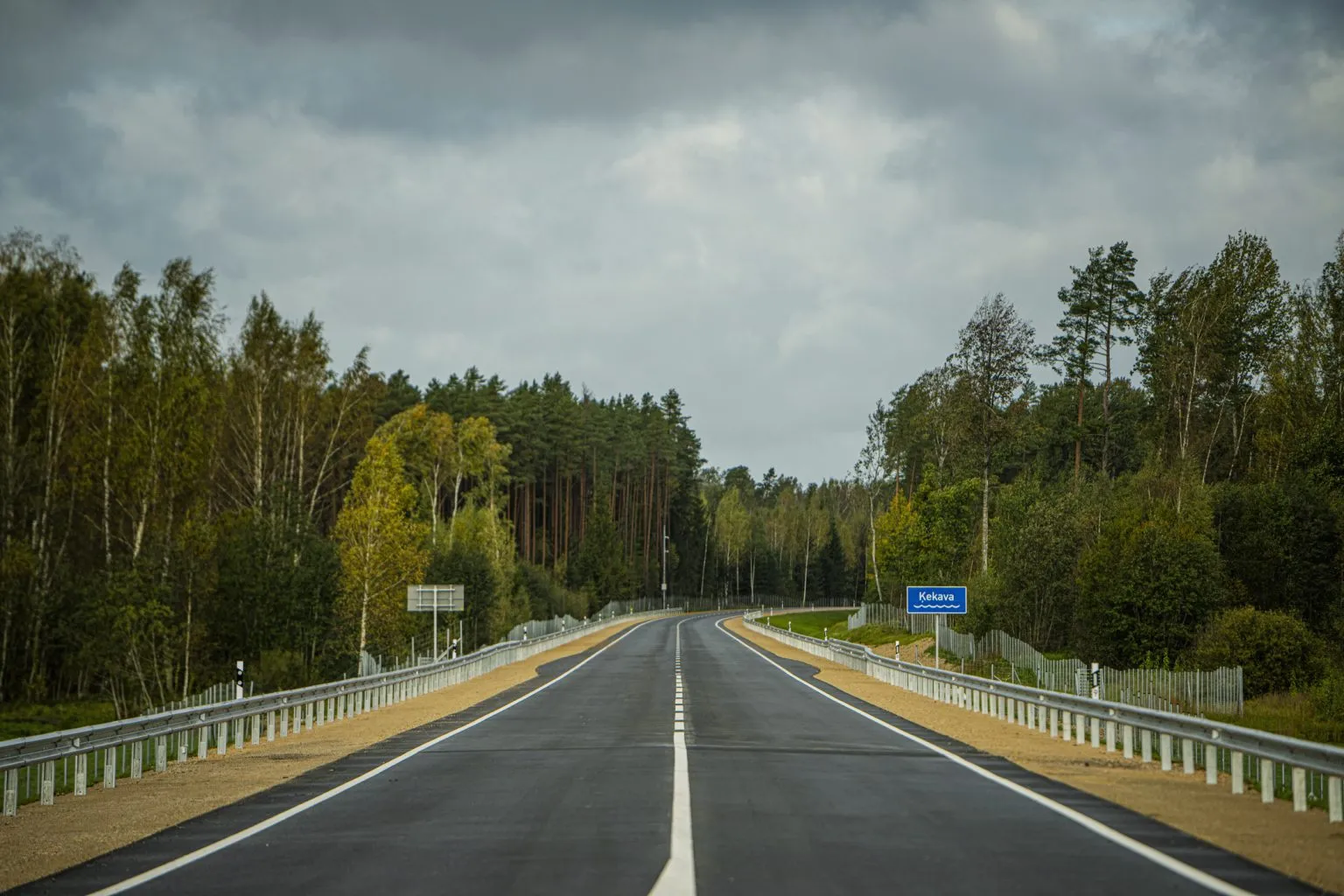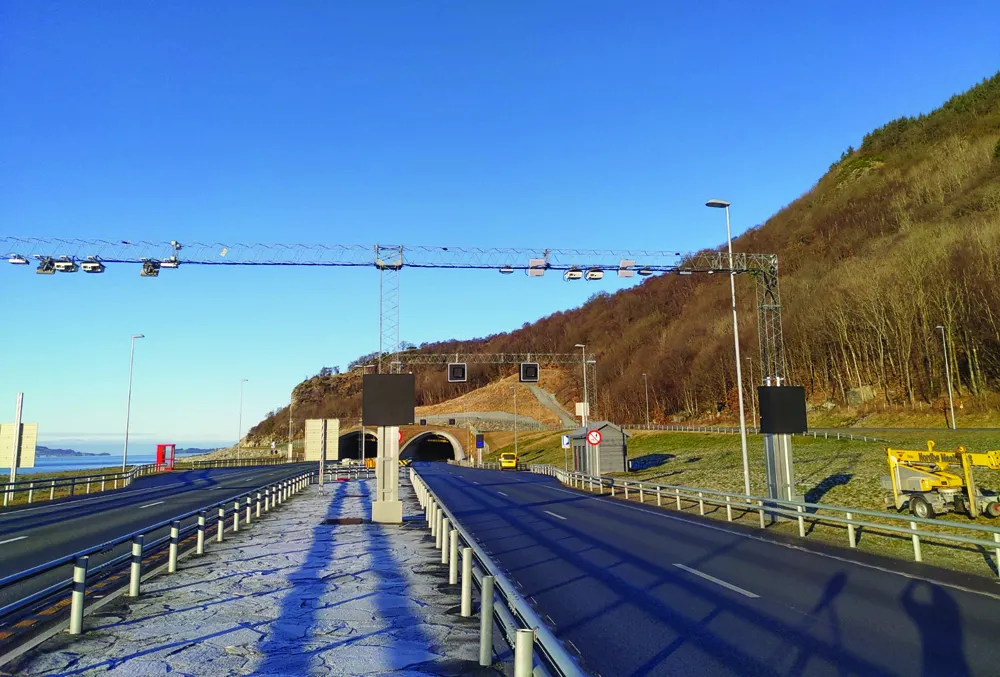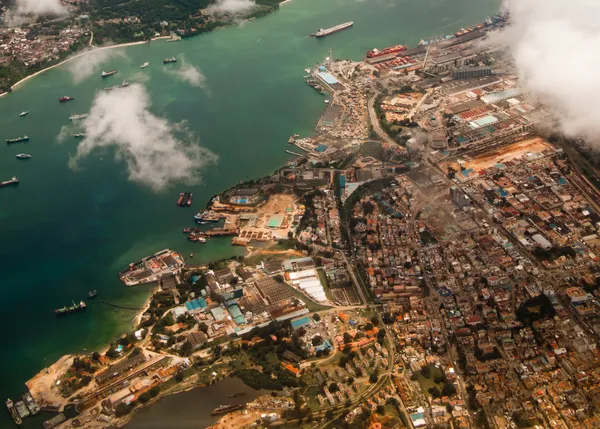
The Ķekava Bypass - Latvia's first "high-speed road" - opened in October and with it a traffic management system from Kapsch TrafficCom started operation.
The bypass is providing an efficient alternative for motorists travelling between the Latvian capital Riga, on the Baltic Sea, and neighbouring Lithuania to the south. Traffic in the small town of Ķekava is now being reduced.
Meanwhile, Kapsch TrafficCom's cameras, sensors and radar systems, as well as a modern and flexible traffic management software platform are contributing significantly to safety and sustainability along the bypass. "The Ķekava project is not only a milestone for road PPPs [public-private partnerships] and traffic in Latvia, but a testament to the positive influence of state-of-the-art technology on road safety," said Marko Frank, mobility expert and regional sales director at Kapsch TrafficCom.
The nearly 18km-long bypass is part of the A7 Bauska Highway, one of Latvia’s busiest roads with an average daily traffic volume of 17,000 vehicles and up to more than 25,000 at peak periods. The bypass is also designated part of pan-European TEN-T network called route E67 - the Via Baltica (Helsinki – Tallinn–Riga–Panevežys–Kaunas–Warsaw–Prague).
Construction of the €250 million bypass started in 2021 on what is the first highway in Latvia designated a high-speed road; pedestrians, cyclists and slow-moving agricultural vehicles are prohibited. However, pedestrians and cyclists are allowed on the parallel roads.
Juris Frīdmanis, general manager of the private partner consortium Kekava ABT, said he was confident that Kapsch TrafficCom technologies will ensure safe and efficient operation of the Ķekava Bypass for the next 20 years. It is monitored 24 hours per day thanks to more than 20 video surveillance cameras, two weather stations, traffic counting sensors, as well as data system analysing the traffic flow. Maximum driving speed on the bypass during the summer has been set at 120kmph but reduced to 90kph during winter - October 16 to April 15.
According to the client, the state-owned road management agency Latvian State Roads (LVC, Latvijas Valsts Celi) there are 900 lighting fixtures, 40km of steel and 4km of concrete safety barriers. Noise mitigation solutions such as noise barriers and soil embankments have been implemented along 7.5km of the road as well as 27km of animal fencing.
Innovative materials and technologies have been used in the construction of the bypass. For example, culverts, water drainage pipes and lighting poles made of glass fibre have been used, recycled PET bottles have been used in the production of bridge barriers and sound absorbers made of wood fibre are used in noise barriers.
The consortium Kekava ABT consists of the Luxembourg-based infrastructure fund TIIC 2 S.C.A. SICAR as well as Latvian construction firms AS A.C.B. and CBR SIA Binders. Ķekava Bypass is the first major PPP project in road construction in the Baltics to be implemented according to the design-build-finance-operate model.
The most important criterion in the evaluation of submitted bids was the price, according to LVC. The price aspect had 80% of the overall project cost evaluation, while the remaining 20% covered compliance with various criteria, such as the duration of works, traffic organisation during the works, organisation of routine maintenance, quality and risk management.
Two tenders were submitted and the Kekava ABT tender was selected as the economically most advantageous offer, which also had the lowest price. The private partner will guarantee that for another five years after the expiry of the PPP contract – 23 years from construction start – the Ķekava Bypass will remain in sufficiently good shape that it will require only daily maintenance works and no capital investment.
Kapsch TrafficCom, headquartered in Vienna, is a global provider of transportation solutions for sustainable mobility with projects in more than 50 countries. Products and services include solutions for tolling, tolling services, traffic management and demand-management.







